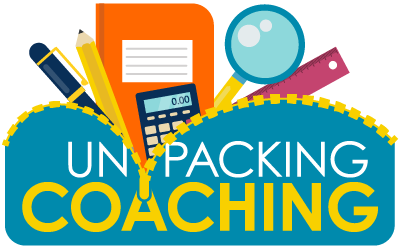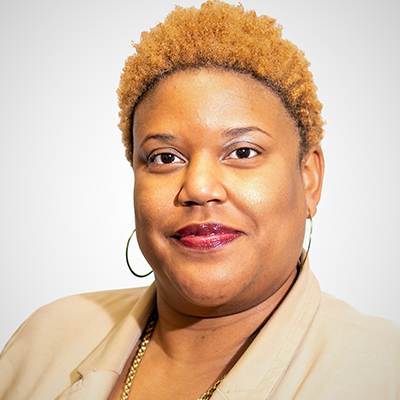When using PBC, coaches use strategies to build collaborative partnerships with coachees, conduct focused observations, guide reflection and provide feedback to guide coachees in meeting their professional goals. For coaching to work, there are specific evidence-based practices coaches use. In addition, coaches must learn to provide different levels of support based on individual coachees’ needs. Fidelity, or the ability to use these evidence-based coaching practices the way they are meant to be used, is essential to delivering coaching effectively. For coaching to be effective, it must be delivered with fidelity. In this webinar, panelists will discuss the tools you can use to ensure you are using PBC with fidelity.
Coaching With Intention: Making the Most of the PBC Cycle

Date:
Sep 16, 2020Time:
12:00 AM(Eastern Time Zone)
Duration:
55min
Related Resources
Certificate Info
Certificate of Attendance
A downloadable certificate is available for both live and recorded webinars. To receive the certificate, you must fill out the evaluation survey.How to access the survey:
Live participants: You will receive an email after the webinar with the link to the survey. Recording viewers: The URL link for the survey will be displayed at the end of the webinar. You will need to type that URL into your internet browser to access the survey and certificate. Note: Type the URL exactly as you see it. URL is CASE SENSITIVE. Once you submit the survey, the certificate will appear. You can then save and/or print your certificate.NCPMI Presenter(s)

Mary Louise Hemmeter
Vanderbilt University
Mary Louise Hemmeter, PhD, is a professor of Special Education at Vanderbilt University. Her research focuses on effective instruction, social emotional development and challenging behavior, and coaching teachers. She has been a PI or Co-PI on numerous projects funded by the US Departments of Education and Health and Human Services. Through her work on the National Center on the Social Emotional Foundations for Early Learning and IES funded research projects, she was involved in the development of the Pyramid Model for Supporting Social Emotional Competence in Young Children and a model for coaching teachers to implement effective practices. She is currently the PI on an IES funded development project around program wide supports for implementing the Pyramid Model and a Co-PI on an IES efficacy study examining approaches to supporting teachers to implement embedded instruction. She was co-editor of the Journal of Early Intervention and President of the Council for Exceptional Children’s Division for Early Childhood. She received the Mary McEvoy Service to the Field Award.
Guest Presenter(s)

Kymberly Horth
Vanderbilt University
Kymberly Horth, M.Ed., is an education consultant at Vanderbilt University. She currently serves as a coach in inclusive preschool classrooms and an external coach to Metropolitan Nashville Public Schools. She has also provided classroom coaching and external coaching in childcare and Head Start settings. She provides training and coaching support and works on the adaptation of the Pyramid Model to the kindergarten context. Kymberly has experience as a teacher in early childhood, kindergarten, and K-4 English learners settings. She also spent two years training, coaching, and supervising college students serving as AmeriCorps members in preschool classrooms.

Danielle Norton
National Center for Families Learning
Ms. Danielle Norton is a Family Learning Specialist with National Center for Families Learning (NCFL). Her main roles with the non-profit organization is to support preschool teachers in the FACE (Family and Child Education) program and to support organizations who focus on family literacy in various cities around the country. Before NCFL, Danielle was a Multi Classroom Leader at Cambridge Early Learning Center, which is one of the four early learning centers in Metropolitan Nashville Public Schools (MNPS). She directly supported classrooms at Cambridge by helping teachers with lesson planning, modeling and co-teaching lessons, behavior management and classroom management. Before coaching, she was a Pre-K classroom teacher for a total of eight years (Two years in a private learning center and six years in a public school setting). She holds her bachelor’s degree in Business Administration from University of Memphis, her Pre-K-3rd grade teacher certification from Tennessee State University, and her Master’s in Educational Leadership and Administration from Middle Tennessee State University.

Stefanie Rapp
Metro Nashville Public Schools
Stefanie Rapp, M. Ed., is a social-emotional learning coach with Metro Nashville Public Schools. In this role, she supports pre-k teachers to promote positive behavior in students through implementation of Pyramid Model practices. She works with teachers in blended and general education classrooms. Stefanie has experience as a pre-k teacher in an urban school district and as a private preschool teacher in a suburban setting. She stepped into the role of coach enthusiastically after seeing the difference that Pyramid Model practices made in her own classroom.



